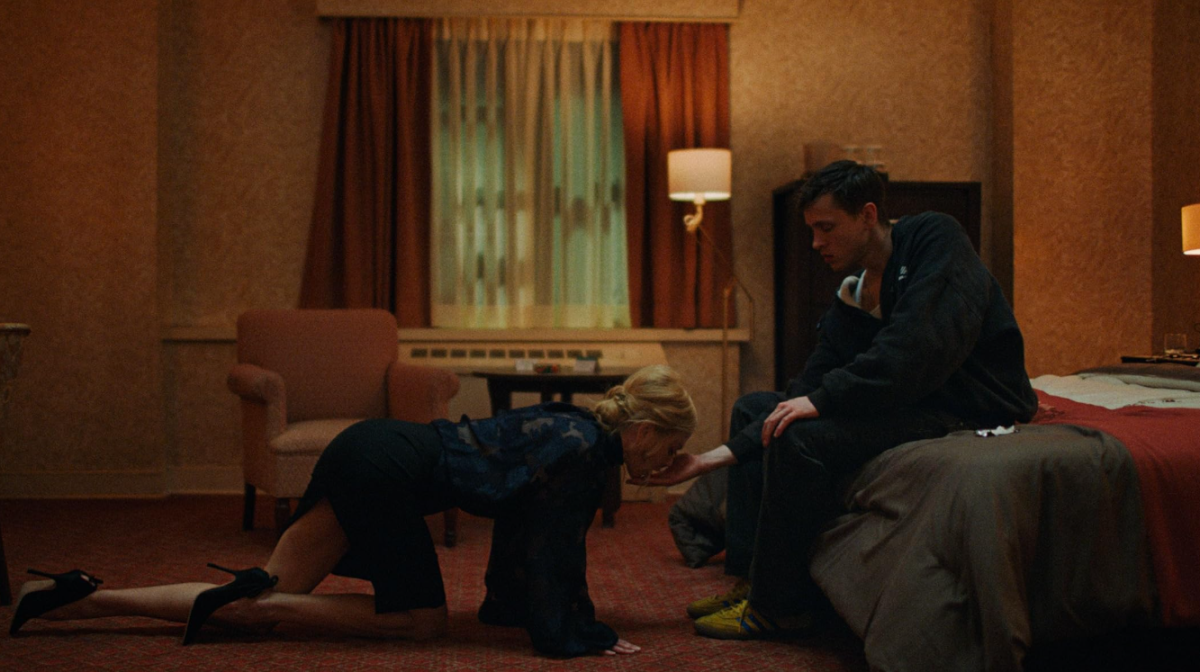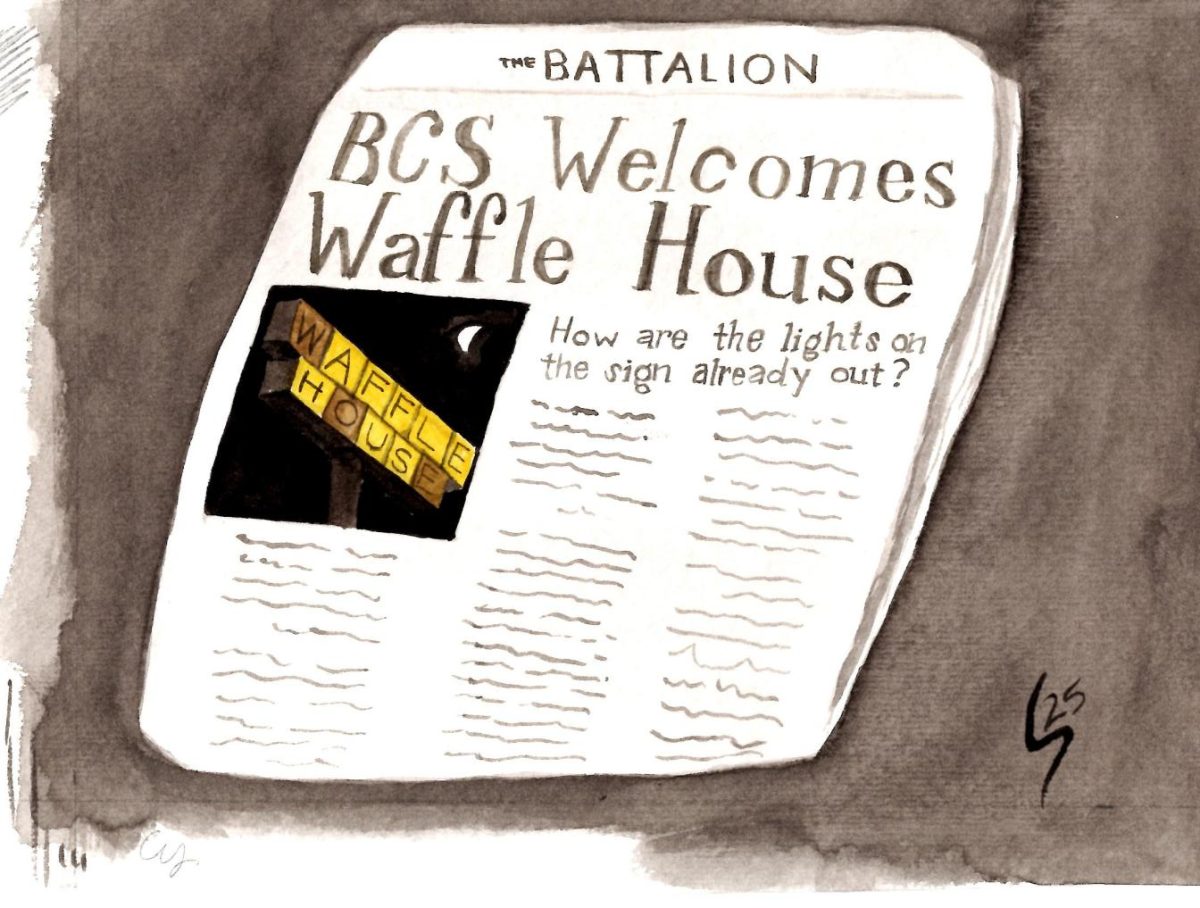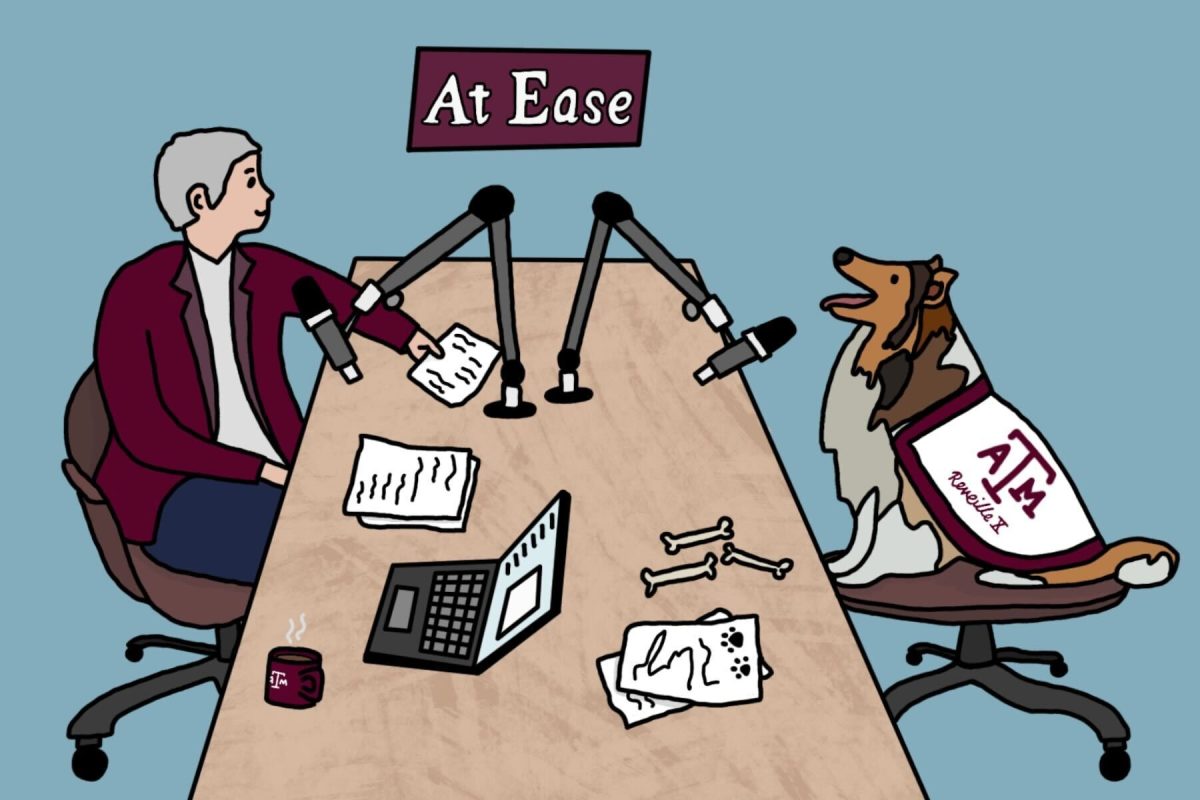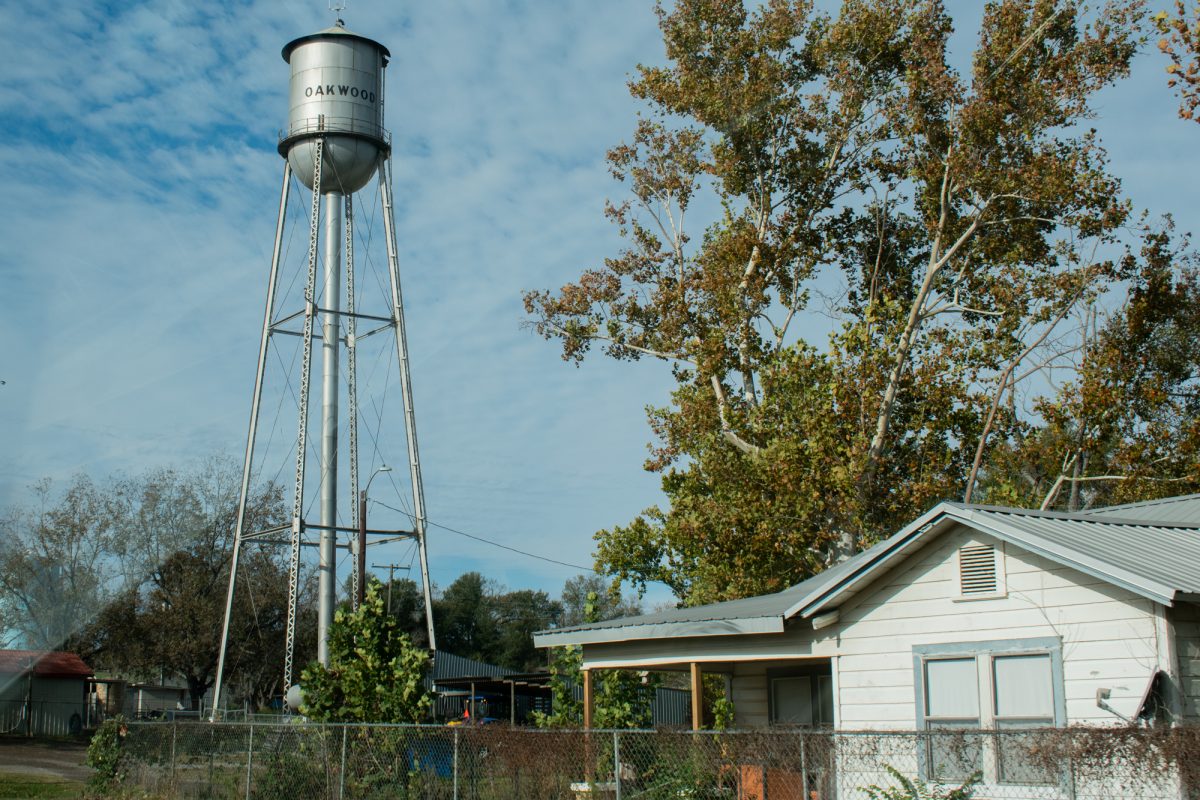The lottery is often said to be a regressive tax on the poor. In Texas, we’ve decided that like everything else in this state, this idea should be bigger. Despite our connection to the most well-known version of poker, Texas Hold ’em, we remain one of the strictest states regarding gambling policy.
Decriminalization and comprehensive legal reform is the only way forward in addressing the problems illegal gambling can have on low-income individuals and preventing future abuses, as well as the impact for-profit policing has on people who are often already hard-pressed financially.
I’ve seen these abuses occur throughout my life. For many of my older relatives and their friends, going down to the game room was the preferred way to spend their extra time and money. But for some, gambling’s addictive properties are just as potent as any drug, and I’ve seen the damage this can have on people’s lives and their families. Struggling to pay the bills because you always have to keep playing just a little longer until your luck turns around, broken trust and fractured relationships are all common symptoms of our dysfunctional and unregulated gambling issue.
Most forms of gambling remain illegal in Texas. This does not stop game rooms, gas stations and other locations from operating their cash-based slot machines and games. This arrangement is a common way for small businesses to make some extra money on the side. Many of them remain discreet enough or outright bribe local police to avoid any trouble with the law.
These buildings often masquerade as houses, small businesses, and in the South Texas town of Alton, a molecular lab. They can pull in vast amounts of money every day from slot-machine games. They spring up quickly and can be just as quick to disappear to avoid detection. When one gets too much attention and becomes worth the effort to bust, the police will be on the scene confiscating its money and machines. This situation often occurs disproportionately throughout small, poor towns and neighborhoods all over Texas. Seized cash can contribute a pretty heavy chunk of change to a police department’s budget — as much as $2 million in Harris County and half a million in Dallas County.
Illegal gambling in Texas can be a lucrative industry, making as much as $2 billion a year. So seizures of substantial assets and fines of up to $4,000 per owner or promotor can be a massive boost to the budget of many of the small town and outskirts police departments. Many Texas lawmakers have begun to realize the potential gains from gambling outweigh what the police might be able to confiscate in a day. They have taken advantage of pre-existing legal loopholes. In particular, they use some laws meant for children’s games at locations like Chuck E. Cheese’s to allow and regulate eight-liner machines, making as much as $1.7 million in licensing fees in Starr County alone.
For the consumers and owners of these operations, they see it as a simple transaction, some cash for a small chance to win big. Even though there is certainly harm to individuals who become addicted I’ve seen plenty of cases where no one was really hurt by the gambling itself, alternatively being at a gameroom at the wrong time can warrant a big fine and have harsh consequences for those who already have so little money. The way the police and legal system currently handle the issue is far more harmful to the community.
One instance in Van Zandt County last year had 40 people ticketed and eight arrested, totalling about $600,000 in bonds. On an individual level, having to pay a gambling citation can put even more stress on financially strapped people and families. Those who can’t afford these fines may end up behind bars, leading to continued poverty and its accompanied cycle of struggle.
From just the perspective of efficiency and profit, the state of Texas has much more to gain than lose from reforming its century-old outdated gambling restrictions. Take a page from the U.K. for example, which after reforming its gambling laws now sees about $20 billion in profits annually and the creation of hundreds of thousands of new jobs. The U.K.’s Gambling Act of 2005 also put measures in place to reduce harm to consumers. Experts claim that the mainstream exposure and regulation of gambling to the public has allowed a safer and more mature attitude to develop toward it, reducing addiction and associated crimes. Additionally, gambling operators are even required to donate a percentage of their profits to gambling addiction charities. Changing our laws on betting, in turn, would make gambling safer for people and communities by being able to handle it more responsibly from within a legal framework.
Illegal gambling in Texas and who benefits from it
April 2, 2020
Photo by Creative Commons
Online Gambling
0
Donate to The Battalion
$70
$2500
Contributed
Our Goal
Your donation will support the student journalists of Texas A&M University - College Station. Your contribution will allow us to purchase equipment and cover our annual website hosting costs, in addition to paying freelance staffers for their work, travel costs for coverage and more!










